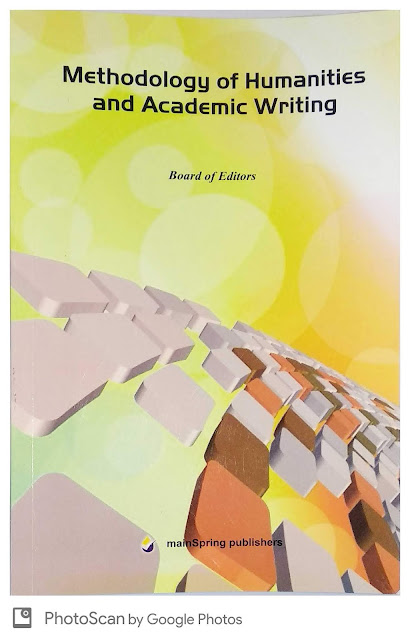What is "Academic" Writing?: Comprehension Questions, from 6 -10

Notes to Core Course II Semester, B A English, Kannur University. Name of Course: Academic Writing, Methodology and Research Project Code: 2B02 ENG Prescribed Text: Methodology of Humanities and Academic Writing 6. What is an argument in college writing assignments? An argument means a carefully arranged and supported presentation of a viewpoint. Its purpose is not so much to win the argument as to earn your audience's consideration (and even approval) of your perspective. It's similar to presenting a case in a court. The arguments made in a court should be supported by evidence to convince the judge or jury. 7. How to pick a topic for writing assignments? In order to pick a topic for writing assignments, one has to look for gaps, puzzling items, things that confuse or connections one sees. It is also important to state the topic as a clear and interesting question. It is not necessary to write this statement or question at the starti...

